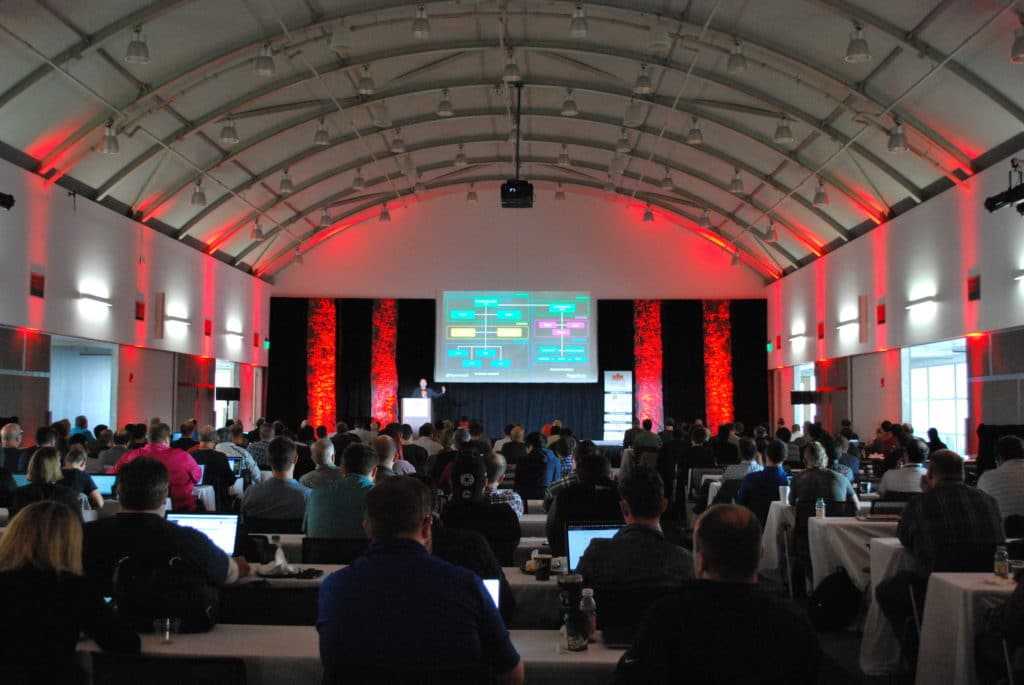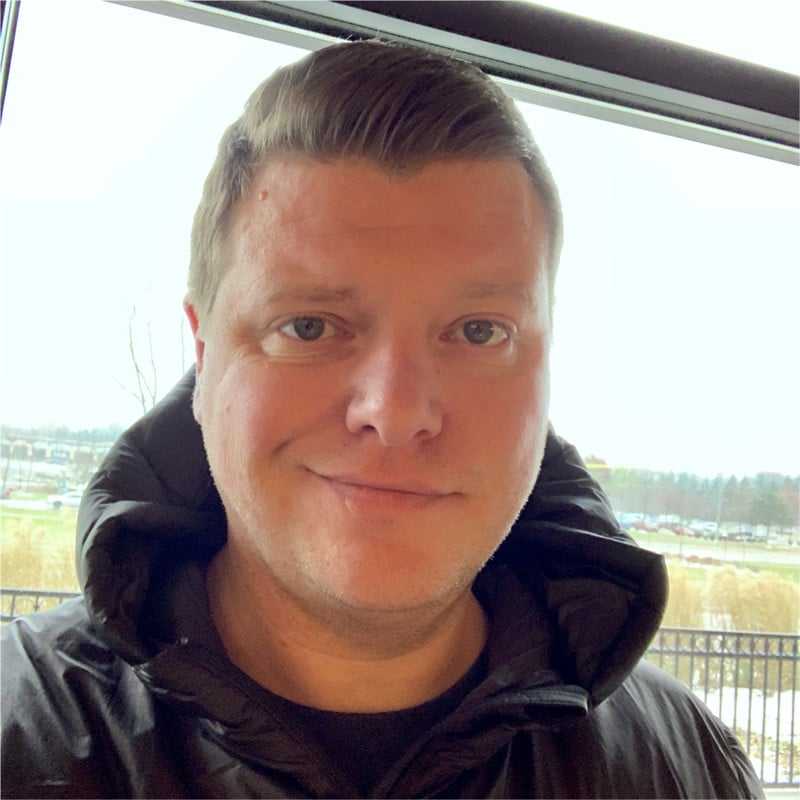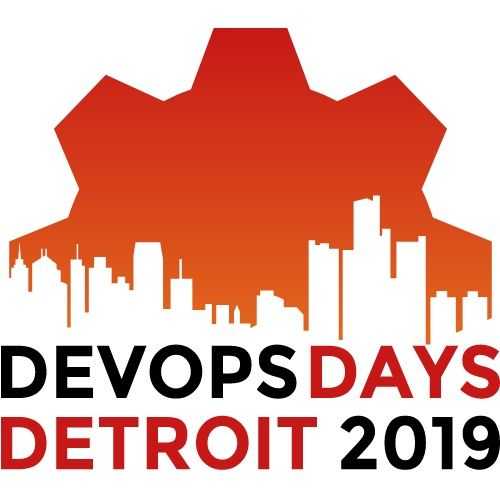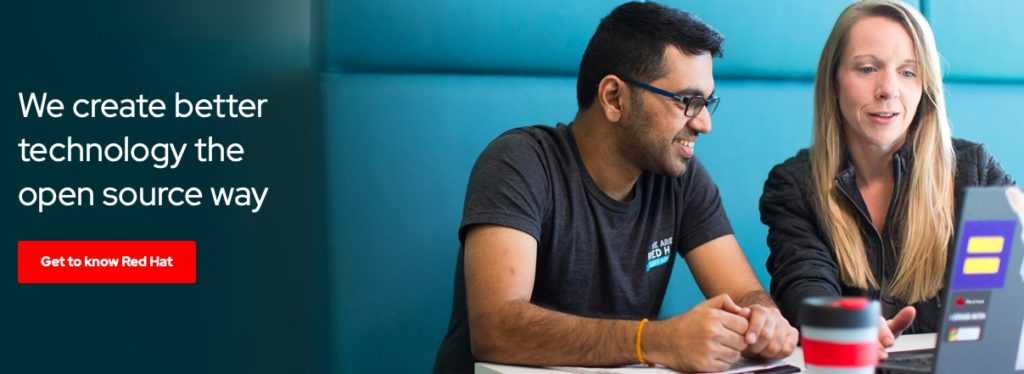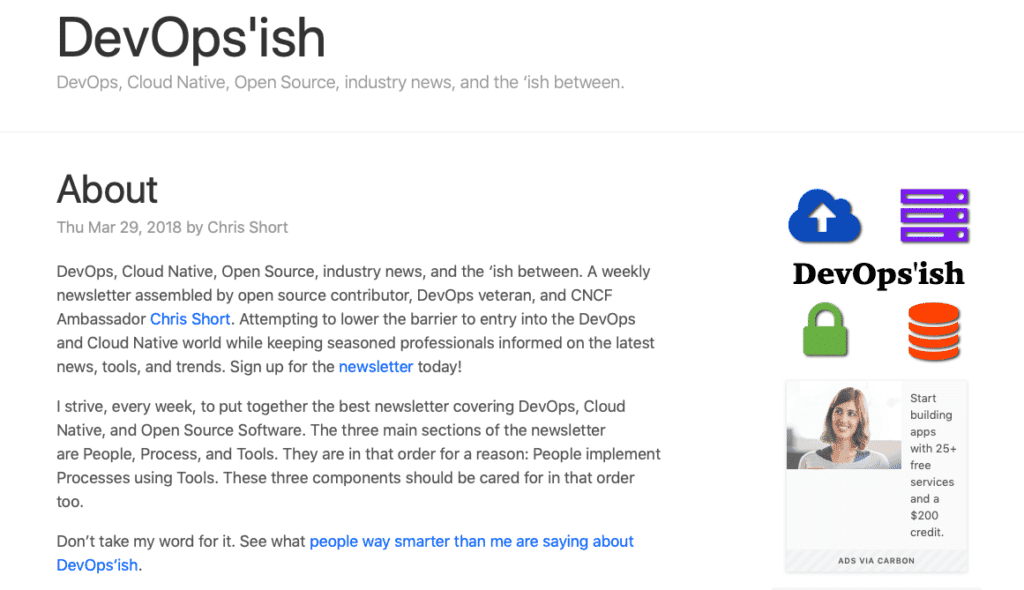It's a common story in startup culture: people comfortable with the risks of starting a new business often have a background in which they became comfortable with chaos, whether that experience was a difficult early start in life or work in the military. Red Hat's Chris Short is a disabled veteran whose service-connected injuries have taken years to manage. Short is a DevOps professional turned marketer and community advocate as Principal Technical Marketing Manager for Cloud Platforms at Red Hat. He is a Cloud Native Computing Foundation Ambassador, Kubernetes SIG-ContribEx member, a public speaker and blogger, founder of DevOps’ish, and believer in open source principles bettering interactions and promoting conversations.
"Technology exists to improve human existence," he says.
Short spent over a decade in the U.S. Air Force, and then shifted into this technical career because of his background in software and hardware working for the military. It wasn't an easy shift, but these days he has accumulated a lot of wisdom to make it easier for others to make life transitions and put energy from past experiences into today's projects more effectively.
Short met us backstage at DevOps Days Detroit, and quickly the conversation of why he talks about being a disabled veteran took an interesting turn. Short told us that this experience of finding strategies for healing and pain management from nerve damage in his shoulder from service-connected injuries taught him how to be strong through major chronic challenges, but also took up so much energy that now that he's finding solutions to manage his injuries, he is redirecting all that extra freed up energy toward learning management strategies for work.
Open Source Trends & Scaling Up
To understand where Short has been and how it influenced his career, first we wanted to understand the work he's doing now. What are the trends in open source in companies large and small today that Short is seeing in his work as an open source advocate? Short says open source has always been a passion of his because "having more code out there anyone can use is always great." Of how open source is handled in larger companies: "When you look at larger enterprises they're seeing open source as a competitive advantage because they see it as being able to iterate faster, but the problem is they run into government compliance needs," Short says of the complexity of doing open source at scale. He outlines for us how open source can bridge the gap for companies who are growing from startups to that larger size where things get complicated. It often starts with subscription-based open source services to help companies get started before they have full in-house staff to manage engineering.
"I like to look at the subscription based open source model as a shortcut. Once you have enough of that open source mentality and staff skillset under you you can start cutting back your subscriptions to nothing.... It's a shortcut to bridge that gap," he tells us. If someone wanted to bridge the gap from technical life sciences startup, for example, to a larger staff with engineering team, what would be the best way to do that? "Finding that expertise is incredibly hard, so you have to find somebody who understands why you want to do this," he says of getting the right point people in place to manage the subscriptions and then direct the team toward self-sufficiency.
Military DevOps Best Practices
Short publicly identifies as a veteran in his speaking bios, so we asked how that experience ties in to his work as an open source advocate and how it has influenced his work.
"I was going through my first assignment... 10 years before DevOps was really out there. It was interesting to come into a DevOps role back before it was really a thing because it was essentially the same thing [as what I did in the military]. We had status boards everywhere that were whiteboards with mission names, what was up what was green, you know, things that were notes that needed to be passed to the next shift coming in.... People would walk by, stop, and yell across the office. We decided to put them everywhere so they didn't have to yell across the office. That made a lot of sense in the DevOps mindset."
"Also when you talk about bringing in diversity of ideas, veterans have solved a lot of problems with a lot less tools than they would have in the private sector. To me it's doing more with less.... So the diversity of thought, the ability to take challenges that weren't expected and solve them effectively, or at least quickly," he laughs.
We ask about chaos management. "My skills in ops were to stay cool under fire. Everybody needs to calm down and we'll go through this. That's very much appreciated, not in a controlling drill seargent fashion, but when you come in and have a presence and command authority... it helps an emergency."
Does he wish more military vets would get into DevOps? "Yes," Short says, "but I wish the DevOps community would be more embracing of military members. I remember when I first got out I had 11 years of experience from everything from the satellite down to the laptop I had some idea of how it worked and all the software between. All that meant nothing because it said U.S. Air Force on my resume, because I wasn't from a traditional college path. Or I got the stereotype that you only know how to follow instructions or are a slightly educated monkey."
We asked Short about how we had heard that people with a difficult history do well in startups, but how PTSD can make it difficult for people to come back and integrate into civilian life. He says it wasn't so much about blending back into normal life as not being able to put behind him the extra high-level knowledge he had from military experience of what was going on behind the scenes with global conflicts and technology, and not always being able to share some of those trends with colleagues.
"It's difficult for me at times to separate national security issues from technical issues, because they're bleeding together more now in ways people don't understand," he says. This gives him a higher level understanding of the integration of national security intelligence and technology. "Having that purview but not being able to tell people about it because I've been sworn to secrecy is weird. It's like I know this is going to happen at some point, but not knowing quite when, and then here it is," he says of the pattern recognition of knowing certain trends are up and coming.
Lifelong Learning & Redirecting Energy To Technical Expertise
How does he keep himself challenged with this unusual perspective and experience? "I just continually learn," Short says. "I write a newsletter because my continuous learning turned into such a thing that I decided to channel it. I will read up on things and learn about something going on in the Kubernetes system and that's how I keep up.... Learning Linux, Ansible and Kubernetes has built me a foundational career technologically to go from, but that continuous learning is going to show me the next thing after Kubernetes."
How to unplug. That's not so easy when everything from habit to chronic pain is keeping you distracted and on the go. "It's a challenge. I just took a vacation. Having to unplug like that, you have to put yourself in that environment, because you don't naturally have an on-off switch. I've had a lot of self-awareness this year as PTSD or anxiety issues have become a problem, the nerve damage from my injury has become almost unmanageable, and I got shingles somehow. So I had to be aware that no, the universe didn't do this to me, you did this to yourself because shingles is stress-induced. Oh, you traveled around the world a quarter of the year. That was a physical red flag that I should have stopped long before this ever happened."
We ask Short for advice that might resonate with other startup founders or tech professionals who are always on the go. "You have to listen to your body. It is in charge. You're not stronger than the universe. These were things the military told me I was. These are things that are hard for me to turn off 9 years later," he says. We comment that that's not that long to process overwhelm and he agrees: "After 11 years of service and 9 years off.... I would highly recommend people work on taking care of themselves immediately after getting out and not wait," he says.
We ask if Short has any specific recommendations for tech workers for self-care. "Spending time with humans," he says. "Doesn't matter if it's your neighbor or friend. That will put you in a better situation," he insists. "People that can understand problems and solve them before they scale up and see problems a step or two ahead can build businesses in the future, so humanity in your life is good."

